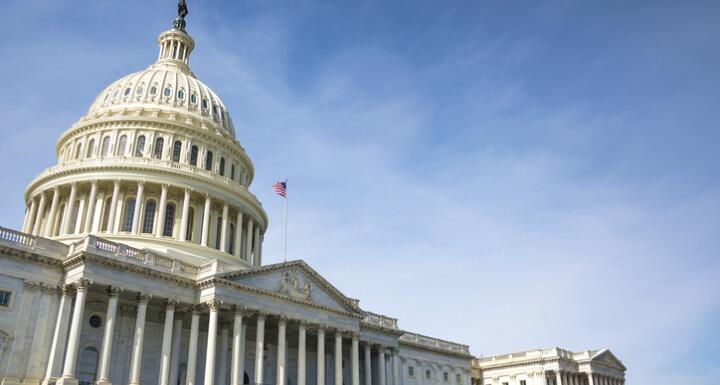As our entire way of life is being disrupted by the COVID-19 public health crisis, Congress moved closer to some sort of federal help on Wednesday, March 25. The COVID-19 relief bill being debated in the Senate has been finalized in concept.
Here's what you need to know and what to expect over the next few days:
- The Senate will approve the bill, HR 748, today. Senate leadership, both Republican and Democratic, call the rescue package unprecedented and much needed. The same senators also do not know exactly what is in the bill or how it will work when passed into law. There are many details to be worked out. In fact, the text of the so-called agreement has not been released to the public as of this morning. HR 748 is still officially a short bill called the “Middle Class Health Benefits Tax Repeal Act of 2019.”
- Congress continues to work under pre-COVID-19 rules, so nothing gets done as quickly as we want, and nothing is final yet. After the Senate passes the bill Wednesday, the House must then approve the Senate's version of the relief bill. The House members are not in Washington D.C., so the House will need to use a parliamentary process called unanimous consent to pass the bill without an in-person vote. However, if even one of the 435 members of the House demands a vote, then the vote will be held.
- The House Republicans held a conference call on Tuesday night, where they acknowledged a strong possibility that at least one ideologically-driven Republican member will object to a unanimous consent agreement. A few far-left Democratic members of the House also have indicated that they might force a vote. That would mean a delay of a few more days while members return to Washington. You should not be surprised if this happens.
- Once the bill passes the House (and assuming the House does not change anything in the bill), then HR 748 will go to the President for his signature. We expect the President to sign the bill very soon after the bill passes the House. In the past, the President has signed bills only minutes after receiving them. We expect him to do that with HR 748.
- All of this progress assumes the President supports the rescue package in HR 748. So far, he has not tweeted against it.
Here's what we are tracking in the rescue package, and we will be providing a more detailed analysis in the coming days:
- Expansion of unemployment benefits that would extend unemployment insurance by thirteen weeks and include a four-month enhancement of benefits. We expect the bill to give Americans four months of their income if they are furloughed or lose their job due to the coronavirus crisis.
- Up to $400 billion in COVID-19 disaster SBA loans to businesses, including the unprecedented opportunity to have the loans forgiven if the employer uses the funds to keep people on the payroll even if the employees cannot make it into work.
- A $500 billion fund designed to lend money to large corporations that have been hit hard by the coronavirus pandemic. The funds will be overseen by an inspector general and a congressional panel.
- $150 billion for a state and local fund similar to the corporation relief fund.
- $130 billion for hospitals to be distributed along the same lines as the state and local fund.
- Up to $250 billion for the military and Defense Department industrial contractors to deal with the extra costs and losses caused by the public health disaster.
With a $2 TRILLION relief package covering over 1,000 pages of printed bill language, there is much more to come. Ward and Smith is ready to help you understand how this national rescue impacts us all on the local level. It will shape our ability to cope with the COVID-19 public health crisis, and we will be focused on the legal and regulatory requirements that are going to come along with all this new money.







